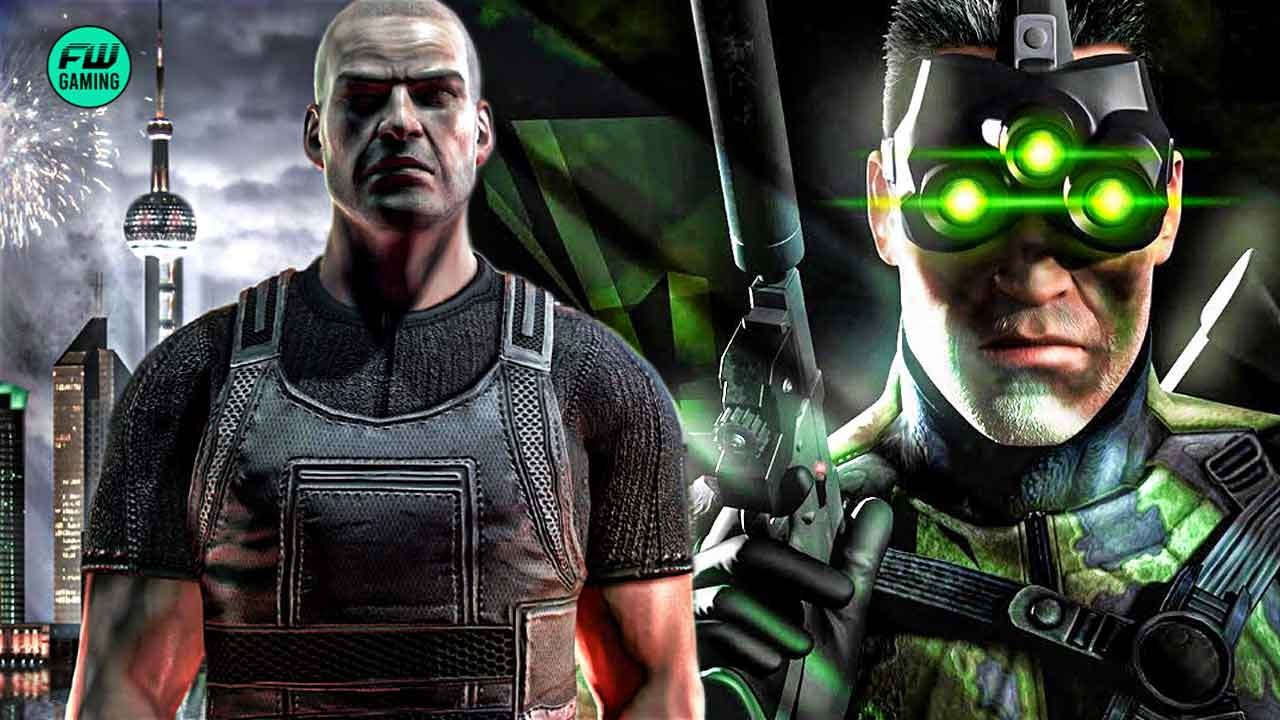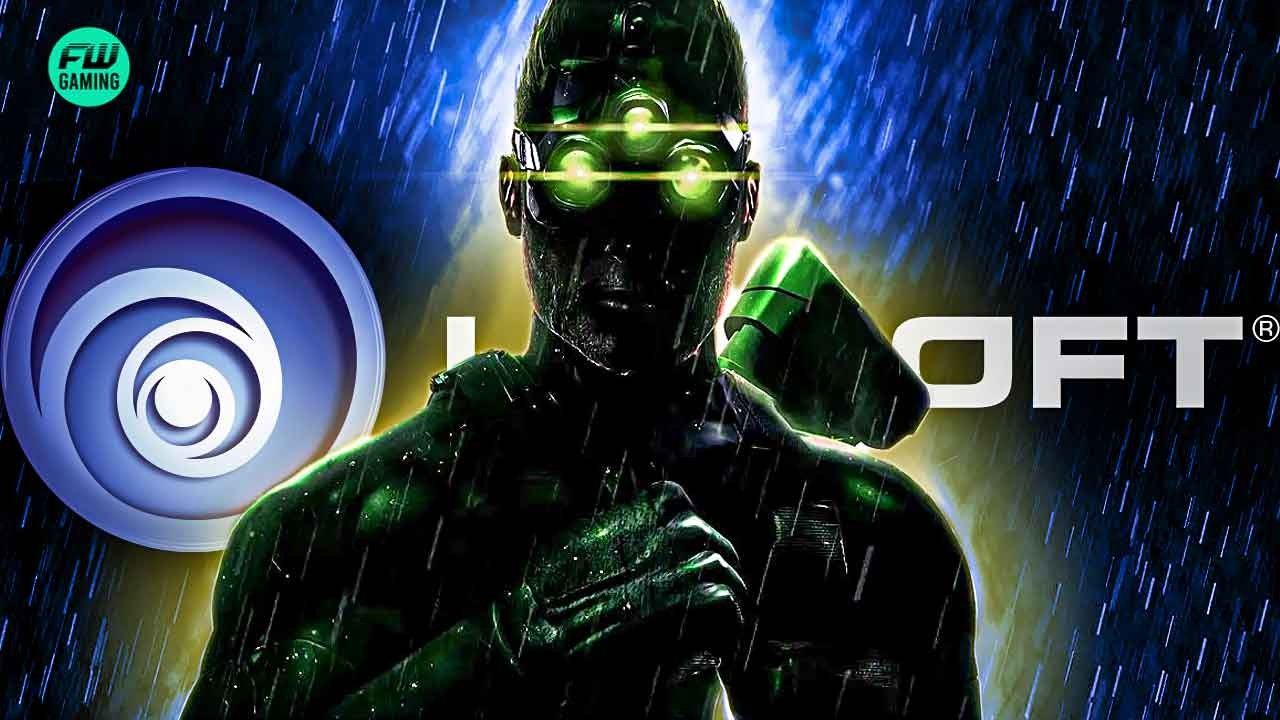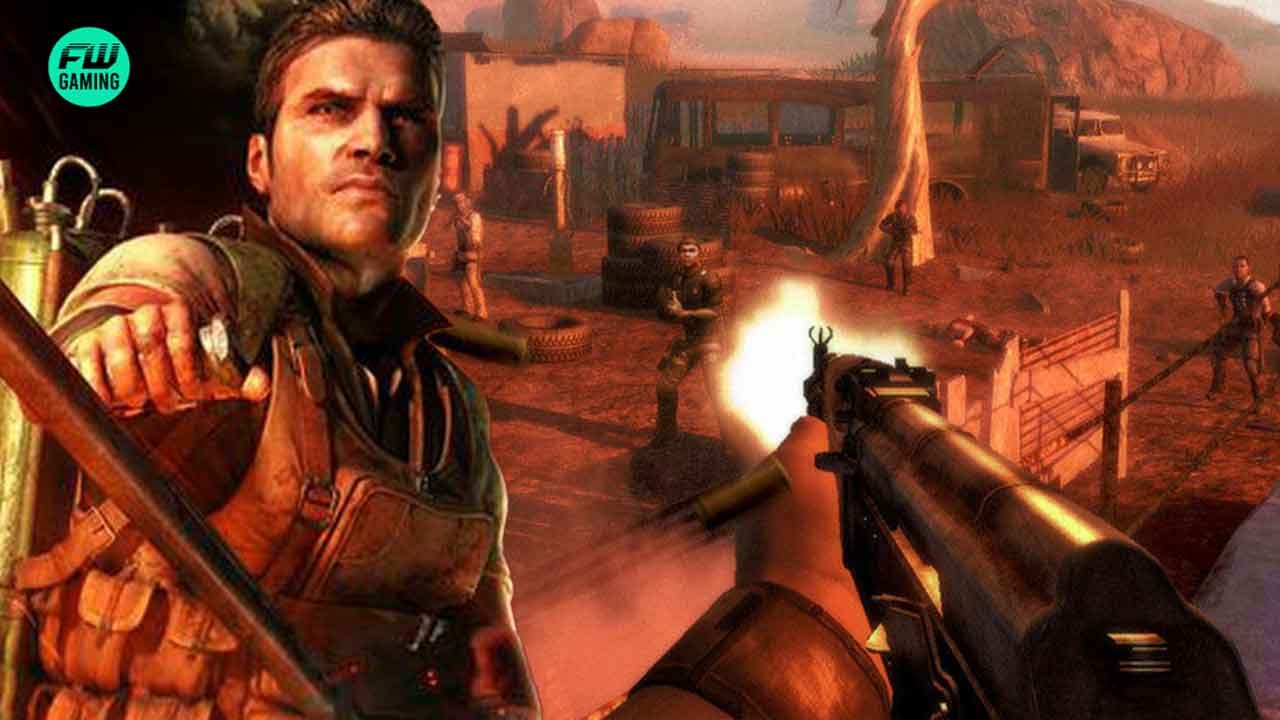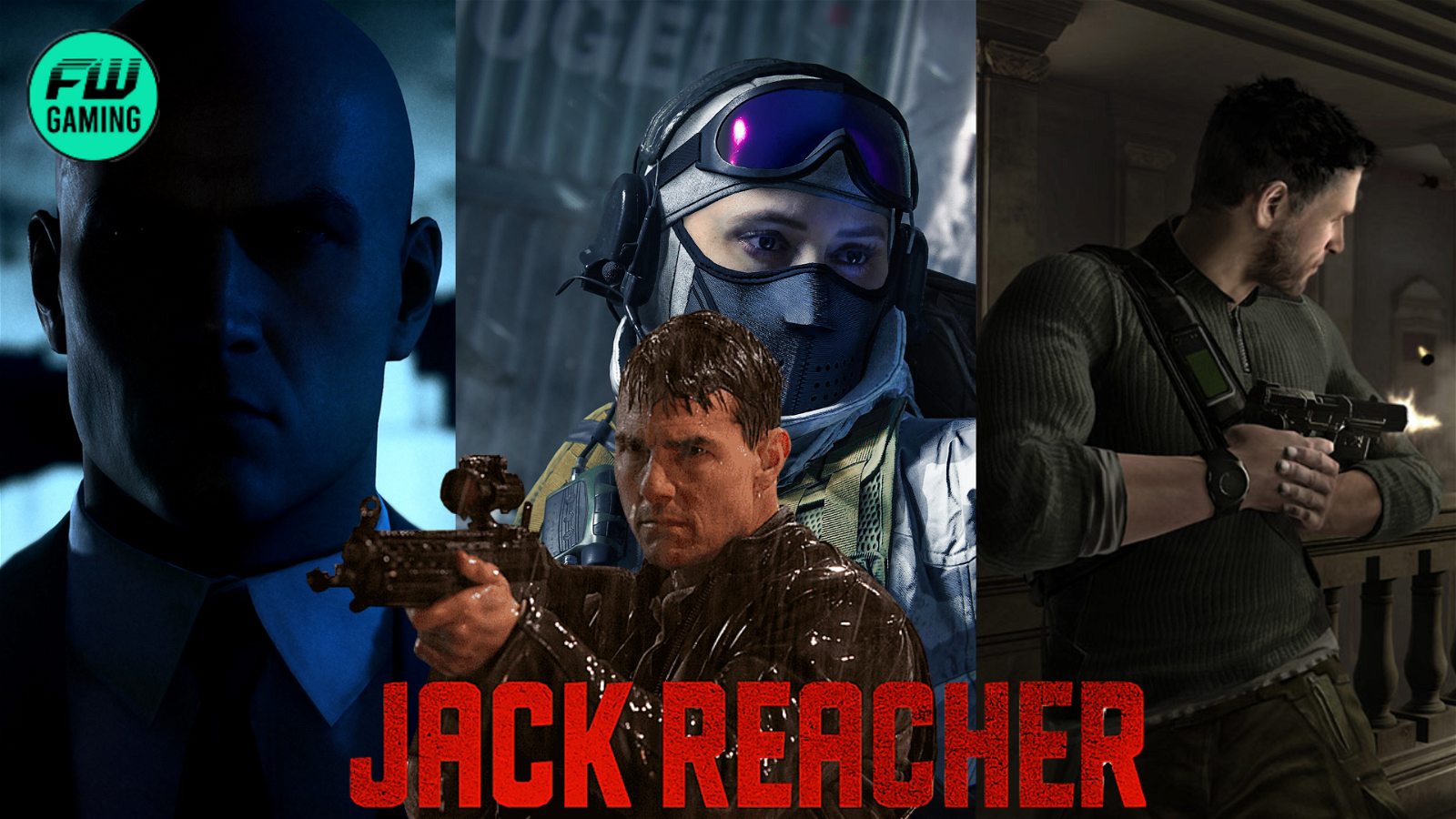In the world of stealth action games, few series have garnered as much respect and admiration as Tom Clancy’s Splinter Cell. The series protagonist Sam Fisher has become the standard for many games in the same genre. The series has many games under it and all have them evolved with time, experimenting with its core mechanics to varying degrees of success.
But not all Splinter Cell games are made equally. Some have been praised for their innovation of the stealth genre’s roots, while others have been critiqued for straying too far from what made the series great. The biggest debate among the fans has been if Splinter Cell: Chaos Theory is better than Splinter Cell: Blacklist. So, let’s grab the night-vision goggles and rank every Splinter Cell game from worst to best.
7. Splinter Cell: Double Agent
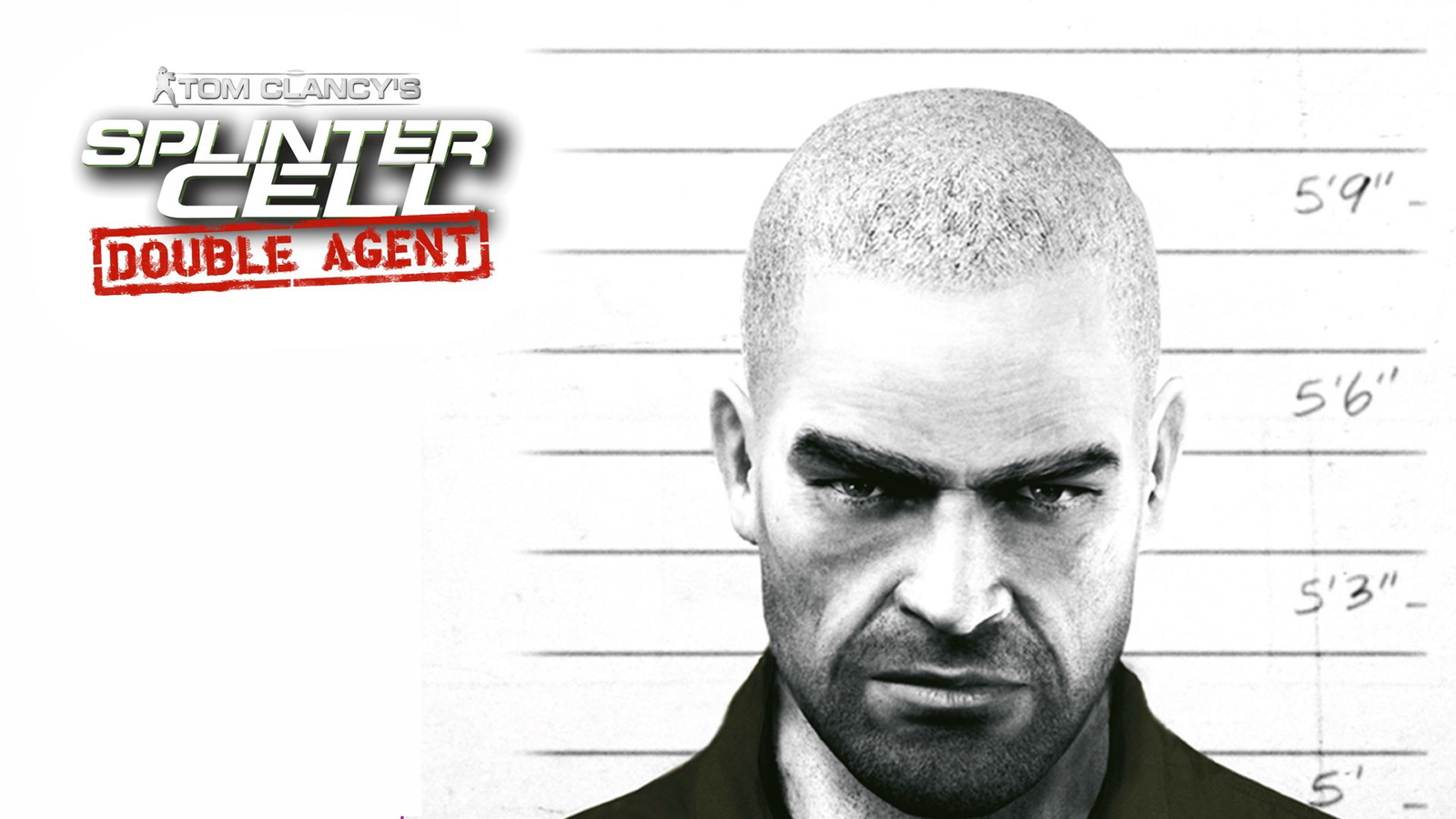
This version was an attempt to bring the complex narrative of Double Agent to platforms with less processing power. The game was released for the PS2 and Wii which made the game difficult to replicate the other game’s success due to less processing power.
Unfortunately, it couldn’t replicate the depth or the graphical fidelity of its next-gen counterpart, resulting in a game that felt like a shadow of what it could have been. Another reason for it being last place was the execution overall, which simply was lackluster combined with clunky controls and a less engaging storyline.
6. Splinter Cell: Essentials
Essentials aimed to compress the Splinter Cell experience into a portable format. However, the transition was rough, with the game suffering from a significant downgrade in graphics and gameplay. It was an ambitious project that didn’t quite hit the mark. The lack of a second analogue stick and also the bad level design made this one of the criticised games of the series.
5. Splinter Cell: Conviction
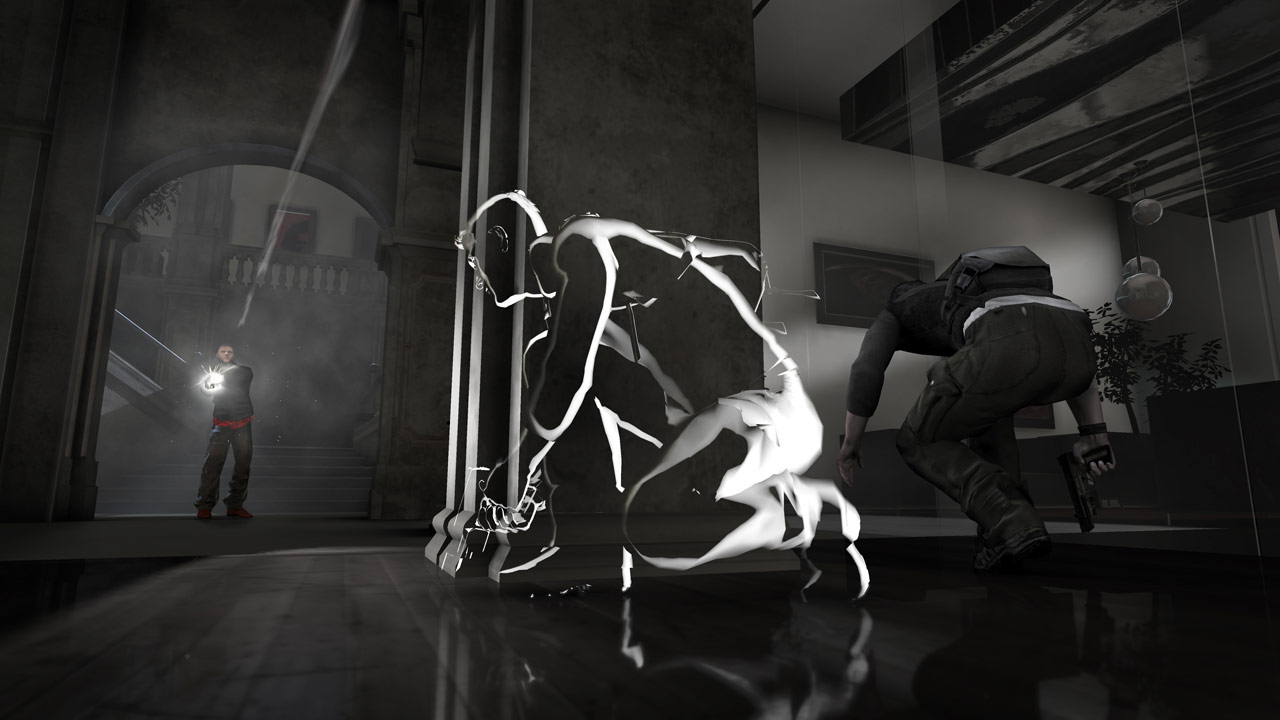
Conviction took the series in a new direction by focusing more on action and less on stealth, which was a bold move. The game introduced a more personal story for Sam Fisher and tried to streamline the gameplay, making it more accessible but also straying from the core elements that fans loved. The stealth was the main focus of the series but it not being the focus in this game, made fans a little disappointed.
4. Splinter Cell: Pandora Tomorrow
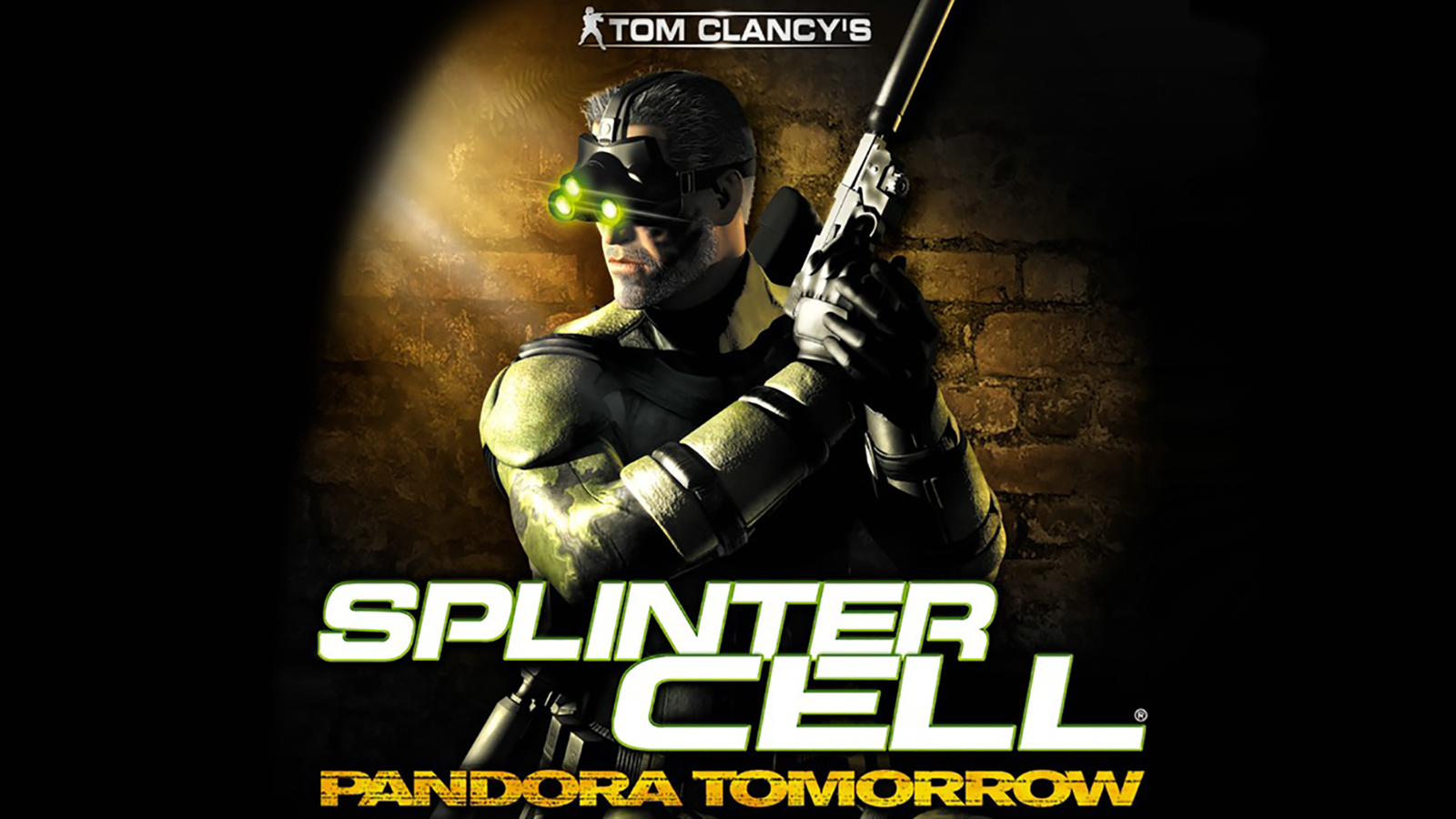
Pandora Tomorrow built upon the solid foundation of the original game, polishing the gameplay and introducing innovative multiplayer gameplay. The single-player campaign was also a standout, with missions that took players to unique locations and challenged them with new objectives. Even though the game strayed a little away from the previous title, it introduced the Spies vs Mercenaries multiplayer mode which made it super popular to this date.
3. Splinter Cell

The original Splinter Cell was the first title of the series and was released when Metal Gear Solid and Thief were popular for their stealth. But Splinter Cell distinguishes itself with a unique third-person perspective, contrasting with the first-person and top-down views of its contemporaries.
The game masterfully blends cutting-edge gameplay centered around the interplay of light and darkness, advanced technology, and unique maneuvers such as the split-wall takedown, transforming the genre and laying the foundation for a franchise that will enchant players for generations to come.
2. Splinter Cell: Blacklist
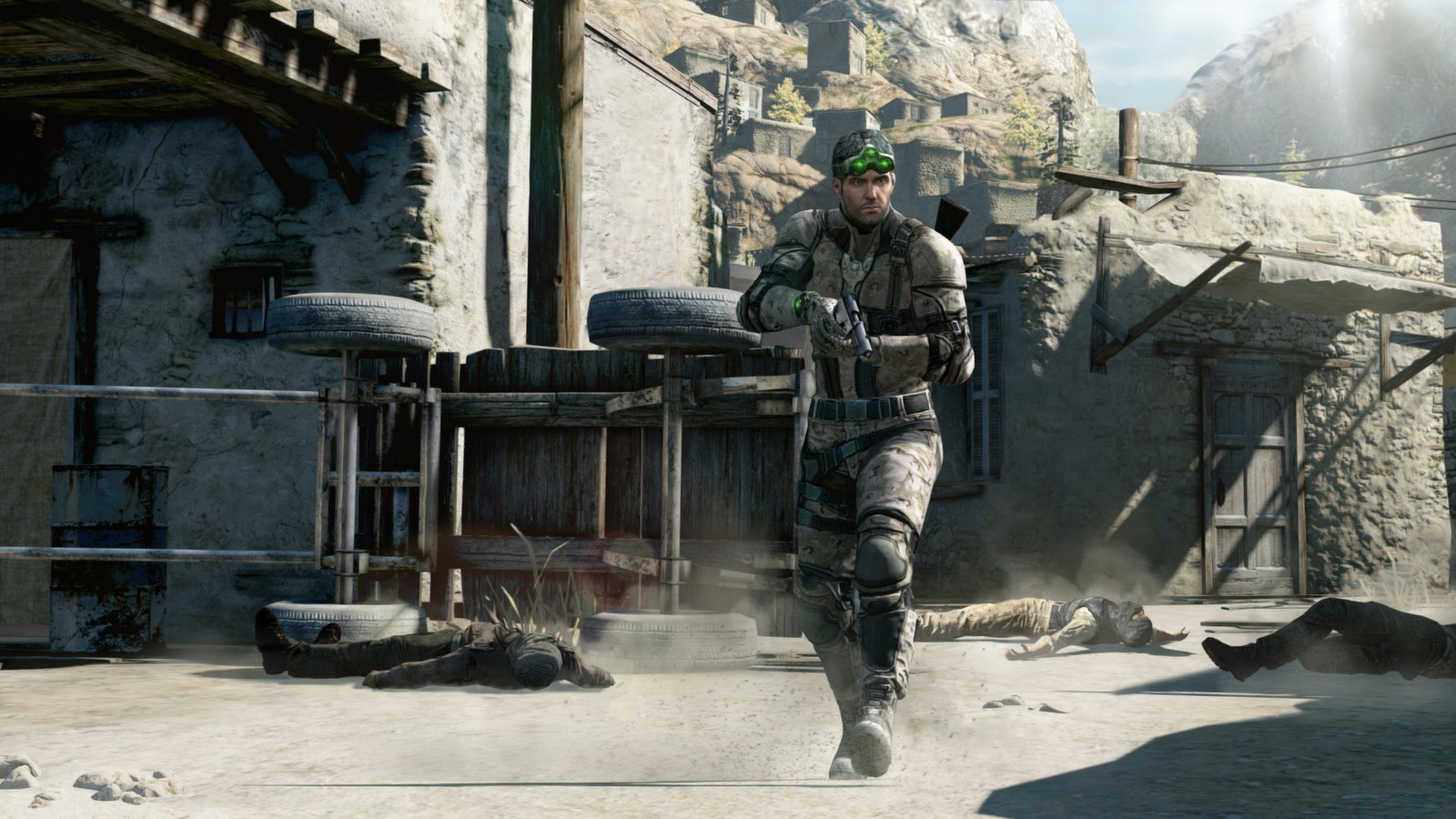
Blacklist was a course correction after Conviction, aiming to please both fans of the original stealth approach and those who enjoyed the faster pace of Conviction. It featured a more global storyline, with Fisher leading a new team and stopping threats around the world. The game was well-received for its gameplay variety and multiplayer modes.
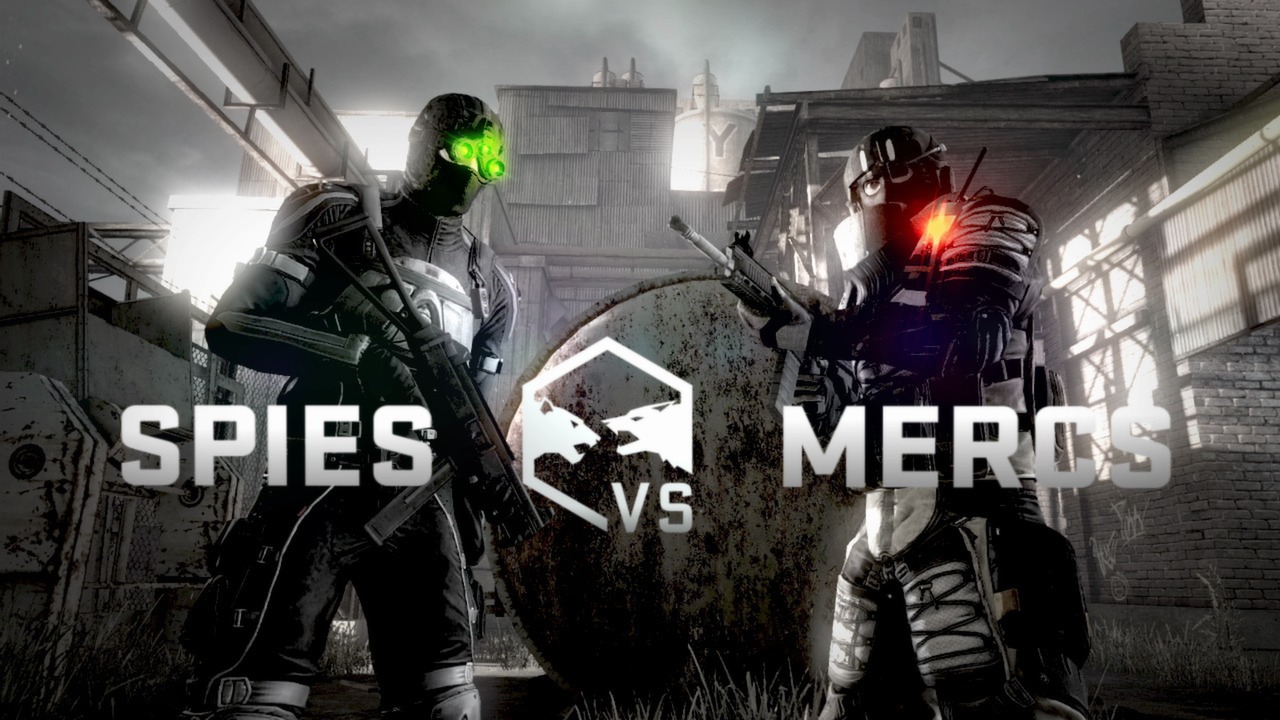
The game introduced many new gadgets like a tri-rotor drone for reconnaissance and enemy engagement. They also added a hub area where players can have interactions and will also serve as a mission management area.
1. Splinter Cell: Chaos Theory
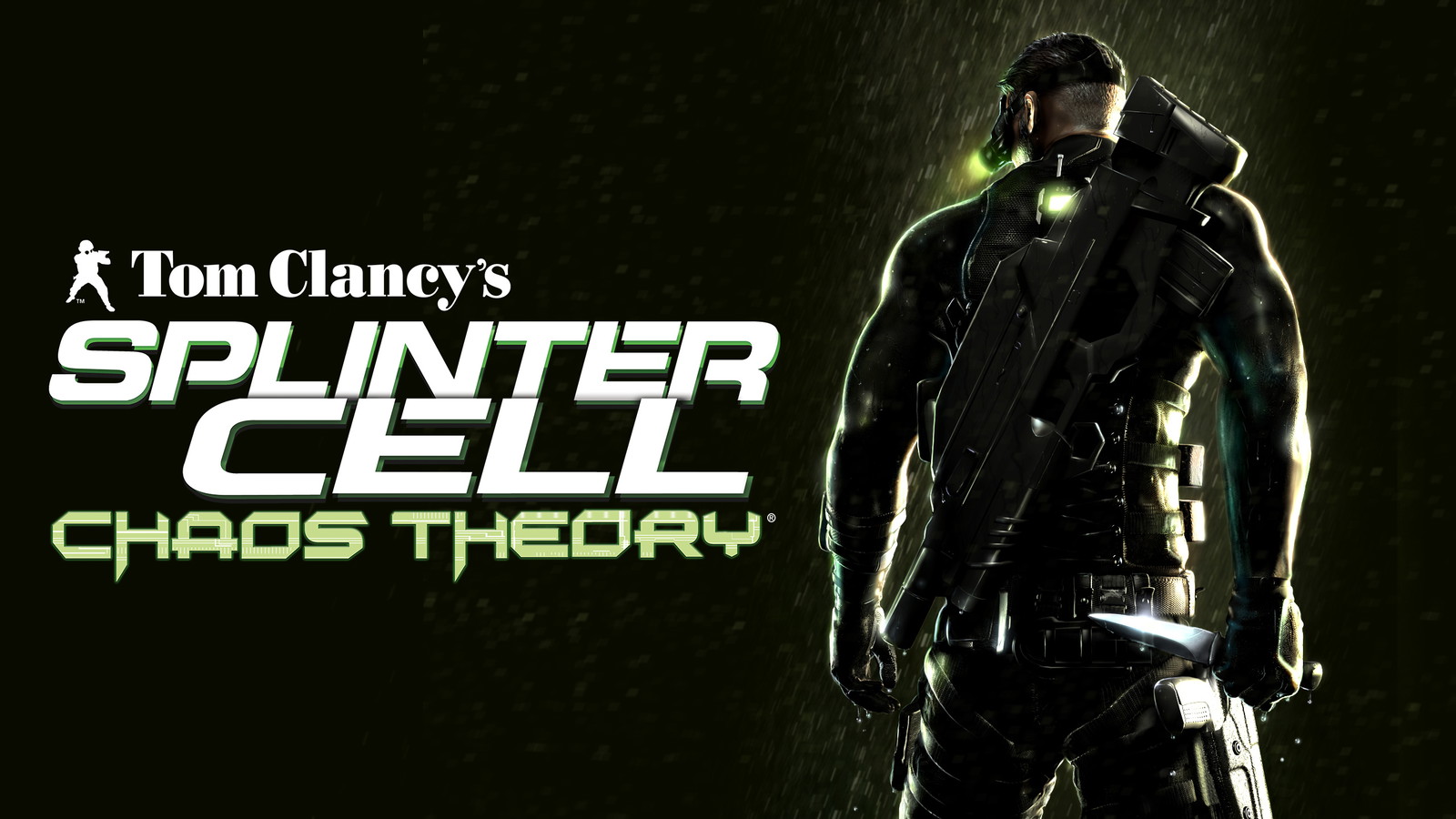
Chaos Theory is often considered the series’ high point due to its refined gameplay, excellent level design, and atmospheric storytelling. It struck the perfect balance between challenge and player freedom, allowing for multiple approaches to objectives. The game’s soundtrack and sound design also contributed to an immersive experience that fans still celebrate today.
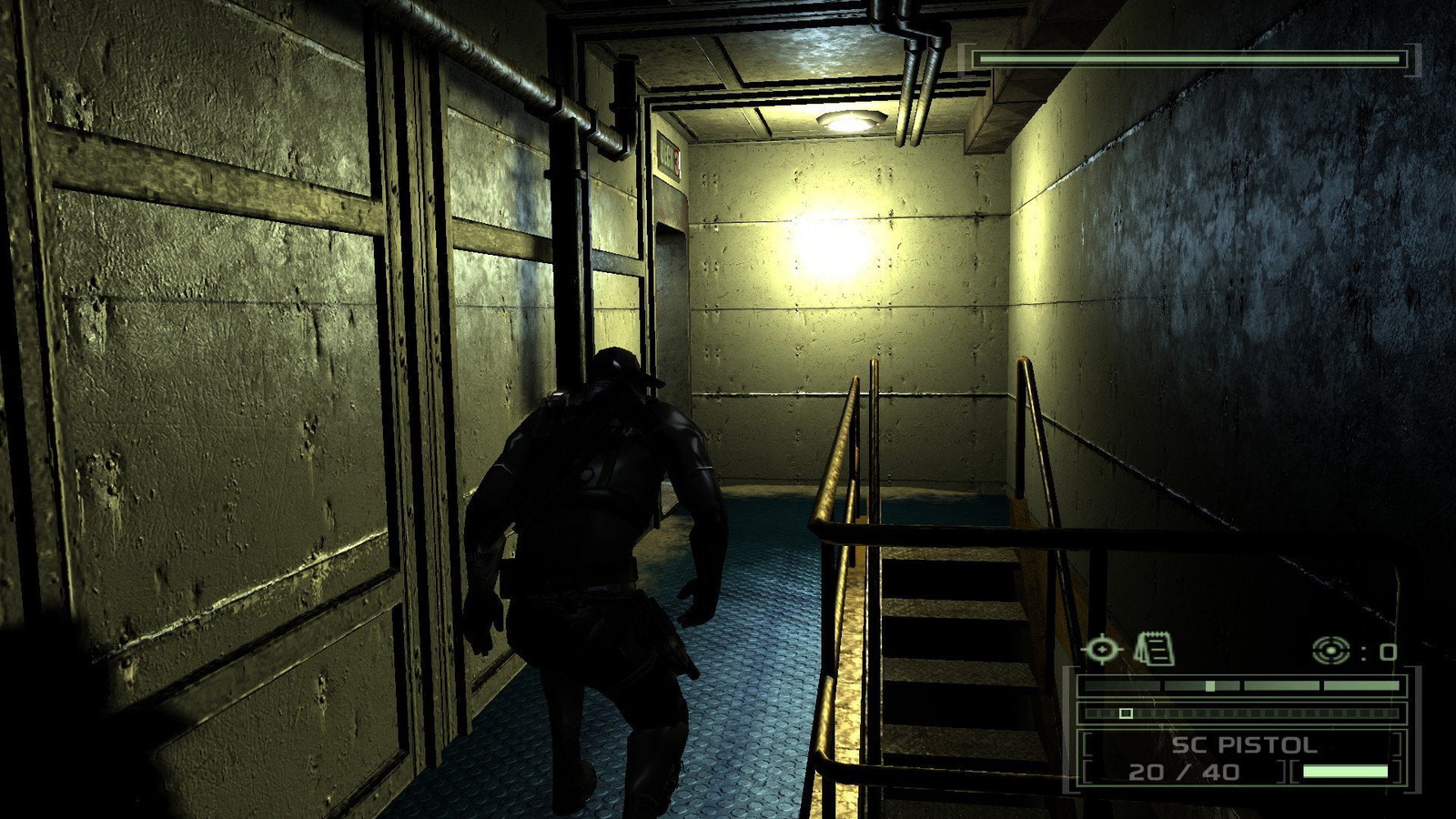
The game made failure now more meaningful as it added conditions to them, allowing missions to continue even after multiple alarms or civilian casualties, albeit with penalties to mission ratings. The game also made full use of improved Unreal Engine (at that time) which made the game even more beautiful.

